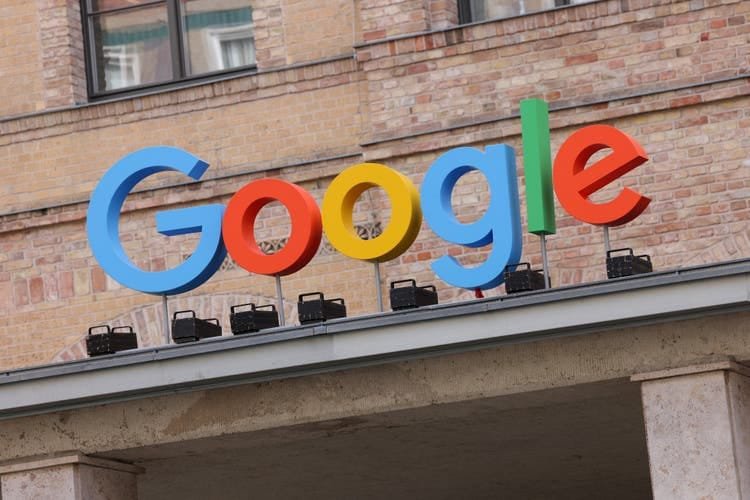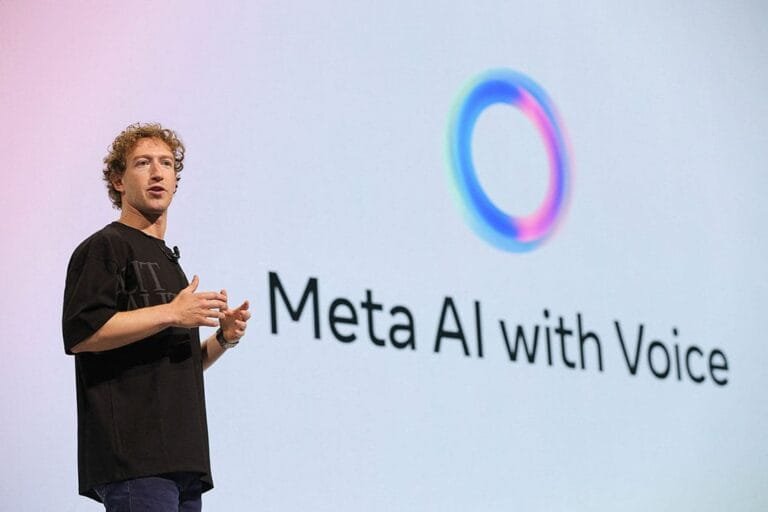
Google’s AI Overviews provide direct answers at the top of search results.
Introduction
Artificial Intelligence (AI) is rapidly changing the way we access and consume information in the digital world. And Google, as the world’s largest search engine, is at the forefront of this change with its AI Overviews feature. These AI-generated summaries that appear at the top of search results provide users with quick access to information. However, this feature has become a matter of serious concern for independent publishers. Who have now filed an antitrust complaint against Google in the EU. While this complaint raises important questions about the future of digital content, competition and freedom of journalism. This article will take you through all aspects of this complaint in detail including the nature of the complaint, publishers’ concerns, Google’s stance, possible consequences and its implications in the Indian context. While our goal is to explain this complex issue in a manner accessible and detailed to the human mind.
Google AI Overviews Antitrust Complaint: What Publishers Are Alleging
A coalition of independent publishers, including The Independent Publishers Alliance, has filed a formal antitrust complaint against Google with the European Commission. While the complaint mainly alleges that Google is abusing its dominant position in online search and causing serious damage to independent publishers’ traffic, readers and revenue through its AI overviews, the main points mentioned in the complaint are as follows: Unauthorized use of content Publishers claim that Google is using their web content to create summaries for its AI overviews, often without their explicit permission. These AI-generated summaries are displayed directly at the top of Google’s search results, reducing the need for users to visit the original source.
Loss of traffic and revenue Since AI overviews answer most queries directly on the search results page, users often do not click on the original websites. This causes publishers to lose significant web traffic. Which directly affects their ability to earn revenue through their ads and subscription models. The complaint emphasizes that publishers cannot opt-out of having their content crawled for Google’s AI Large Language Model training and/or summaries, which leads to a lack of options. Without losing their visibility on Google’s general search results page, they must either allow Google to use their content or risk becoming invisible online, which devastates their business.
What Are Google AI Overviews and Why Are They Controversial?
Google’s AI Overviews, formerly known as Generative AI Experiences, generate AI-generated summaries that provide direct answers to questions asked by users. And these summaries appear above the links of traditional webpages. Google says that this feature helps users explore more questions and sends substantial traffic to websites. Which gives users new discovery opportunities. And from May 2025, Google has also started adding ads to AI overviews. Which has further increased the concerns of publishers as well as the concerns of publishers that the existence of journalism is in danger. Independent publishers believe that Google’s AI overviews are an existential threat to independent journalism. According to them, this issue is not limited to the loss of traffic and revenue only.
But it also affects the diversity and quality of media. This devaluation of quality journalism when Google gives prominence to the summary prepared by AI. So it reduces the value of original in-depth journalism. Research reporting and analysis in journalism takes time and resources. If this content is used for free and presented in the form of a summary. So publishers will not have the incentive or financial means to continue producing high-quality content. Closing or weakening independent publishers will lead to a concentration of information. This reduction in sources of information will increase the concentration of information in the hands of big tech companies like Google. This can be harmful to democracy and informed citizenship.
EU’s Response and Future of the Antitrust Complaint Against Google
The outcome of this complaint will be significant for both Google and independent publishers and could shape the future of the online information ecosystem. As well as interim measures: If the European Commission accepts the publishers’ demand for interim measures, Google may have to immediately stop the use of their content for AI searches. This will provide some relief to publishers and give them time to stabilize their business. And long-term investigation: The European Commission could launch a detailed antitrust investigation. Such an investigation could take years and could lead to huge fines if Google is found guilty.
In the past, the EU has fined Google billions of euros for various antitrust violations. This complaint could lead to new rules or amendments to existing rules regarding the use of AI and online content. This could include fair compensation for content, opt-out mechanisms and rules around the use of data for AI training, changes to business models that could force Google to change its model for AI overviews, providing opt-out options for publishers or compensating them for the use of content. Judicial precedent The outcome of this case could set an important precedent for future legal cases related to AI-generated content and the use of content by big tech companies.
Conclusion: What the Google AI Overviews Antitrust Case Means for Journalism
The antitrust complaint by independent publishers in the EU against Google’s AI overviews represents a turning point. It highlights deep concerns about the use of AI by big tech companies and the future of digital content. And this fight isn’t just about traffic and revenue. It’s about freedom of information, diversity of media, and the survival of journalism.
The European Commission’s response and the final outcome of this case will determine whether Google will have to make significant changes to the way it operates its AI overviews and whether content creators will be able to gain control and fair compensation over their content in the digital age. This is a case study for the whole world. And its outcome will significantly impact the online information landscape in the years to come. In the Indian context too, this is a critical issue that needs attention and appropriate regulatory action to ensure that digital innovation happens with fairness and for the benefit of all stakeholders.





2 thoughts on “Google AI Overviews: EU Antitrust Complaint Explained”